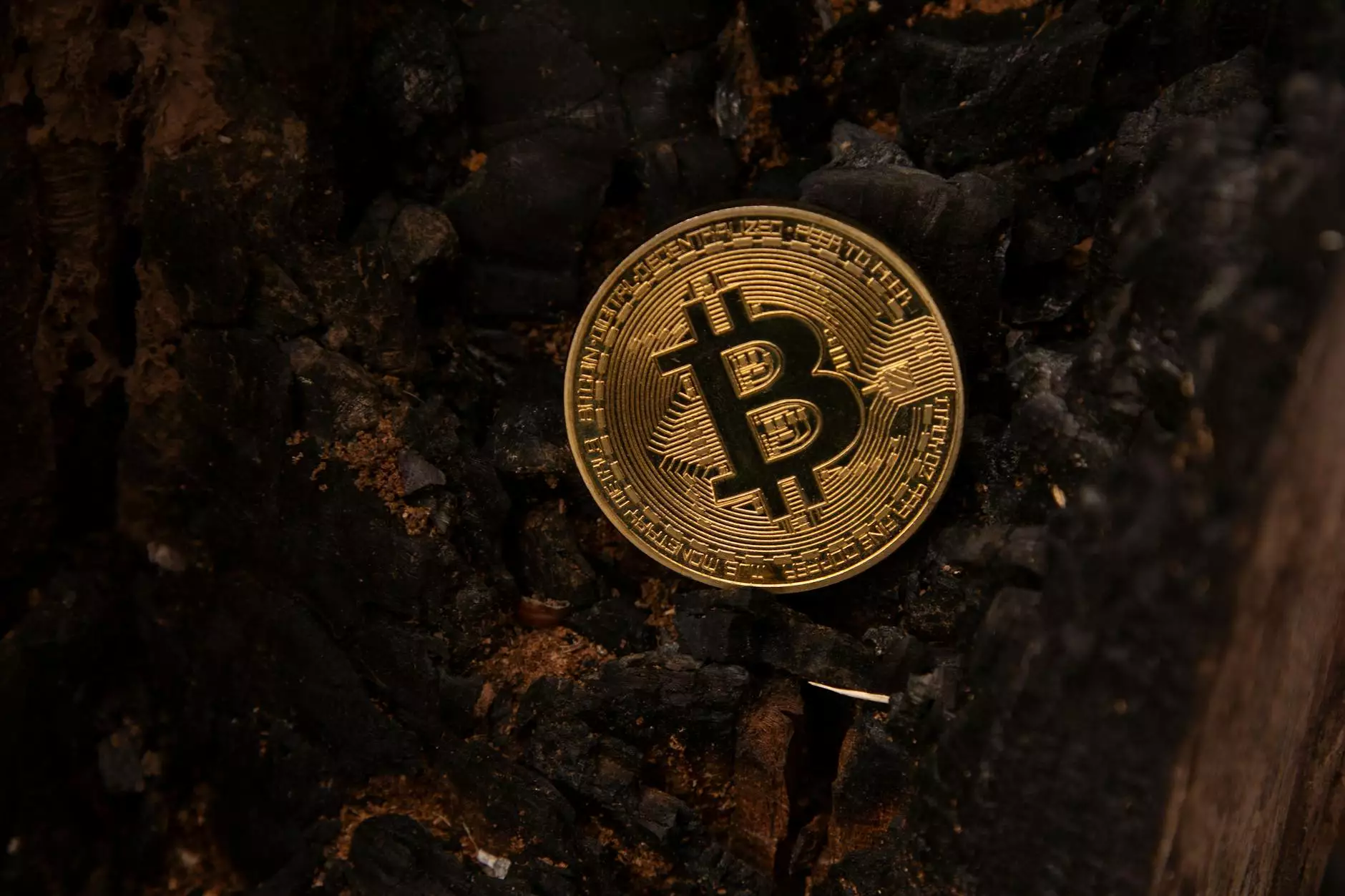Understanding Waste Management for Used Cooking Oil

Waste management of used cooking oil is an integral aspect of sustainable business operations today. With the rising concerns over environmental degradation and waste accumulation, businesses must take proactive steps to manage their by-products effectively. This article aims to provide comprehensive insights into the significance, benefits, and methods of effectively managing used cooking oil.
What is Used Cooking Oil?
Used cooking oil refers to any cooking oil that has been subjected to heat, often resulting in a degraded quality that makes it unsuitable for culinary uses. It can arise from various sources, including restaurants, food processing plants, and home kitchens. Once the oil has been used, it poses multiple challenges for disposal, making waste management critical for sustainability.
The Importance of Waste Management for Used Cooking Oil
Managing used cooking oil is not just a matter of compliance; it's also beneficial for the environment and businesses alike. Below are a few key reasons highlighting the importance of proper waste management:
- Environmental Protection: Improper disposal of cooking oil can lead to severe environmental damage. It can contaminate soil and waterways, harming wildlife and plants.
- Regulatory Compliance: Many regions have strict regulations regarding waste disposal. Adhering to these regulations helps businesses avoid hefty fines and legal trouble.
- Resource Recovery: Used cooking oil can be recycled into biodiesel, a cleaner alternative to fossil fuels. By managing waste effectively, businesses can contribute to the circular economy.
Challenges in Managing Used Cooking Oil
While the benefits of managing used cooking oil are clear, companies face several challenges:
- Collection and Storage: Collecting used cooking oil from various sources and storing it properly requires a systematic approach to prevent spills and maintain quality.
- Processing: Not all facilities are equipped to handle used cooking oil. Finding reliable waste management solutions can be a hurdle for many businesses.
- Education and Training: Employees must be educated about the importance of proper disposal and management of used cooking oil to ensure compliance and effectiveness.
The Process of Waste Management for Used Cooking Oil
Effectively managing used cooking oil involves several steps that can be tailored to the specific needs of a business:
1. Collection
The first step in the waste management process is the collection of used cooking oil. This should be done in a hygienic manner, using appropriate containers to avoid contamination and spills. Businesses should consider setting up designated collection points and schedules that align with their operational hours.
2. Storage
Proper storage is vital to prevent oxidation and contamination. Containers must be sealed and stored in a cool, dark place. This helps maintain the quality of the oil for later processing or recycling. It's also crucial to label containers clearly to ensure that they are not mixed with other types of waste.
3. Recycling and Reprocessing
Once collected and stored, used cooking oil can be recycled. There are various options available:
- Biodiesel Production: Used cooking oil can be converted into biodiesel through a process called transesterification. This biofuel can power vehicles and machinery.
- Animal Feed: In some cases, used cooking oil can be processed and used as an energy source in animal feed.
- Cosmetic and Soap Industry: Some companies recycle oils into soaps and cosmetics, taking advantage of the oil's natural properties.
Best Practices for Businesses
To enhance waste management of used cooking oil, businesses should adopt several best practices:
1. Partner with a Reliable Waste Management Service
Businesses should look for certified waste management service providers who have experience handling used cooking oil. These partnerships can streamline the collection and recycling process, ensuring that the oil is handled correctly and sustainably.
2. Implement an Employee Training Program
Educating staff about the importance of proper waste management is essential. This includes training on how to handle used cooking oil correctly, from collection to storage, to ensure compliance and promote environmental sustainability.
3. Monitor and Evaluate Waste Management Practices
Regularly assess the waste management processes in place. This can include tracking the volume of used cooking oil generated and recycled, ensuring that the business is progressing towards sustainability goals.
Economic Benefits of Waste Management for Used Cooking Oil
Beyond environmental impact, effective waste management can also yield significant economic benefits. Here are some advantages:
- Cost Savings: Recycling used cooking oil can lower waste disposal costs as it is transformed into a valuable resource. Businesses can minimize expenses related to waste handling and disposal.
- New Revenue Streams: Companies can diversify their income by selling collected used cooking oil to biodiesel producers or other recyclers.
- Enhanced Brand Image: Businesses that adopt sustainable practices often enjoy a better reputation among consumers, leading to increased loyalty and sales.
Conclusion: Embracing Sustainable Practices in Used Cooking Oil Management
As the world continues to seek sustainable solutions to waste problems, the waste management of used cooking oil stands out as a critical area for businesses to address. Through proper collection, storage, and recycling practices, companies can significantly reduce their environmental footprint while enjoying various economic benefits. By embracing sustainability, businesses not only comply with regulations but also position themselves as leaders in their industry.
Whether you're operating as a sunflower oil supplier or in any food production area, taking responsible steps in managing used cooking oil is essential. If you require further assistance or are looking for reliable waste management services, consider reaching out to us at refinesunfloweroil.com to discuss your needs and discover how we can help you improve your waste management strategies.
waste management used cooking oil








